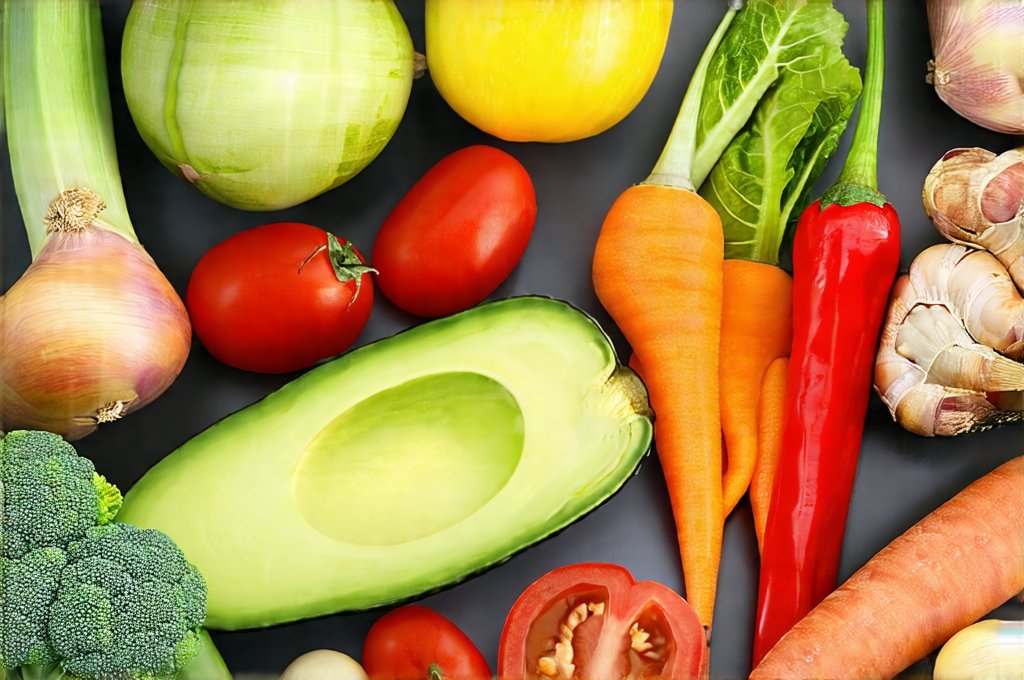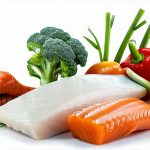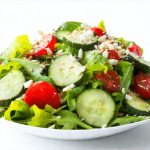Gas is a completely normal part of digestion. We all experience it, though societal norms often discourage talking about it! It’s produced when bacteria in the large intestine ferment undigested carbohydrates. While many people associate gas with unhealthy diets, that’s simply not true – some of the most nutritious foods are also gas-producing culprits. The challenge isn’t necessarily avoiding gas altogether (that’s impossible!), but rather managing it so it doesn’t disrupt your daily life or cause discomfort. Often, simple adjustments to how we eat and prepare food can make a significant difference without sacrificing the benefits of a healthy diet.
The key is understanding that gas isn’t always about what you eat, but also how you eat, when you eat, and even with what you eat. A diverse diet rich in fiber-rich foods like beans, broccoli, and apples is vital for overall health. Eliminating these beneficial foods to avoid temporary discomfort can be counterproductive. Instead, we’ll explore strategies that allow you to enjoy a wide range of nutritious foods while minimizing gas production and maximizing digestive comfort. This isn’t about restriction; it’s about optimization. You might find helpful information on how to eat fiber without discomfort as well!
Understanding the Root Causes of Gas
Gas isn’t just caused by the food itself. It’s a complex process involving your digestion, gut bacteria, and eating habits. Certain carbohydrates – specifically fermentable oligosaccharides, disaccharides, monosaccharides, and polyols (FODMAPs) – are poorly absorbed in the small intestine. When these sugars reach the large intestine, they become food for bacteria, who then produce gas as a byproduct. This isn’t inherently bad; it’s part of the natural digestive process. However, an overgrowth of certain gut bacteria or a sensitivity to specific carbohydrates can exacerbate gas production.
Beyond FODMAPs, factors like eating too quickly, swallowing air while eating (especially when chewing gum or drinking carbonated beverages), and even stress levels can all contribute to increased gas. Some medical conditions, such as lactose intolerance or celiac disease, can also lead to excessive gas due to malabsorption issues. It’s important to differentiate between occasional bloating that resolves on its own and persistent, severe gas accompanied by other symptoms like abdominal pain, diarrhea, or constipation—in the latter case, seeking professional medical advice is crucial. Understanding foods that cause gas can also help you make informed choices.
Finally, the way food is prepared impacts digestibility. Raw vegetables can be harder to digest than cooked ones, and certain cooking methods (like soaking beans) can reduce their gas-producing potential. Understanding these nuances allows for more informed dietary choices and proactive management of gas symptoms. If you struggle with legumes, learn how to prepare them to minimize discomfort!
Dietary Strategies for Gas Reduction: A Balanced Approach
The goal isn’t to eliminate gas-producing foods entirely but to manage them strategically. Portion control is a powerful tool – even healthy, gas-inducing foods can cause discomfort if consumed in large quantities. Start by gradually increasing your intake of fiber-rich foods to allow your gut bacteria time to adapt. Suddenly introducing a lot of fiber can actually worsen gas symptoms. Experiment with different cooking methods: steaming or boiling vegetables often makes them easier to digest than eating them raw.
Another helpful technique is food combining. While the scientific evidence supporting strict food combining rules is limited, many people find that avoiding certain combinations (like fruit with protein) reduces bloating. Ultimately, paying attention to your body’s individual responses and making adjustments based on what works best for you is key. Don’t fall into the trap of overly restrictive diets – focus on building a sustainable, balanced eating pattern that prioritizes both nutrition and digestive comfort. Remember, it’s about finding what works for you. If reflux interferes with your lifestyle, consider how to reduce nighttime symptoms without medication.
Modifying Food Preparation Techniques
One of the most effective and least disruptive ways to reduce gas is by adjusting how you prepare food. – Soaking beans overnight before cooking can significantly reduce their raffinose content, a type of carbohydrate that contributes to gas production. Discard the soaking water and rinse the beans thoroughly before cooking. – Thoroughly chewing your food breaks down carbohydrates into smaller particles, making them easier for your digestive system to process. Eating slowly allows you to savor your food and reduces the amount of air you swallow.
- Cooking vegetables softens their cell walls, making them more digestible. Steaming or boiling are generally gentler on the stomach than frying. – Incorporating spices like ginger, fennel seeds, and chamomile into your meals can aid digestion and reduce bloating. These herbs have carminative properties, meaning they help to expel gas from the digestive tract. Consider adding a pinch of grated ginger to tea or using fennel seeds after a meal.
The Role of Probiotics & Gut Health
The health of your gut microbiome plays a crucial role in determining how effectively you digest food and produce gas. Probiotics – live microorganisms found in fermented foods like yogurt, kefir, sauerkraut, and kimchi – can help to balance the bacteria in your gut, potentially reducing gas production. However, it’s important to choose probiotic-rich foods or supplements that contain strains specifically shown to benefit digestion.
- Prebiotics are also essential. These are types of fiber that feed beneficial bacteria in your gut. Foods rich in prebiotics include onions, garlic, asparagus, bananas, and oats. – Maintaining a diverse diet is key to fostering a healthy microbiome. Different bacterial species thrive on different foods, so consuming a wide variety ensures a balanced ecosystem. – Consider consulting with a healthcare professional about whether probiotic supplementation is right for you, as some individuals may experience increased gas initially when introducing probiotics.
Mindful Eating Habits for Digestive Comfort
Beyond the food itself, how we eat significantly impacts digestion and gas production. Practicing mindful eating – paying attention to your body’s hunger and fullness cues and slowing down during meals – can make a world of difference. – Avoid eating large meals, especially before bedtime. This allows your digestive system time to process food properly without being overloaded. – Stay hydrated throughout the day by drinking plenty of water. Water helps to move food through your digestive tract and prevents constipation, which can contribute to gas buildup.
- Limit carbonated beverages, chewing gum, and artificial sweeteners, as these can all introduce excess air into your digestive system. – Manage stress levels. Stress can disrupt digestion and exacerbate gas symptoms. Incorporate relaxation techniques like deep breathing exercises, yoga, or meditation into your daily routine. Ultimately, cultivating mindful eating habits is about listening to your body, making conscious choices, and prioritizing overall well-being, not just avoiding gas at all costs. It’s a holistic approach that supports both digestive health and mental wellness. If GERD impacts your ability to stay active, explore how it can reduce tolerance to physical activity. Furthermore, don’t let dietary restrictions impact your social life; learn how to stay social without derailing your GERD protocol! Lastly, if you’ve tried an elimination diet, understand how to safely reintroduce foods afterward.


















